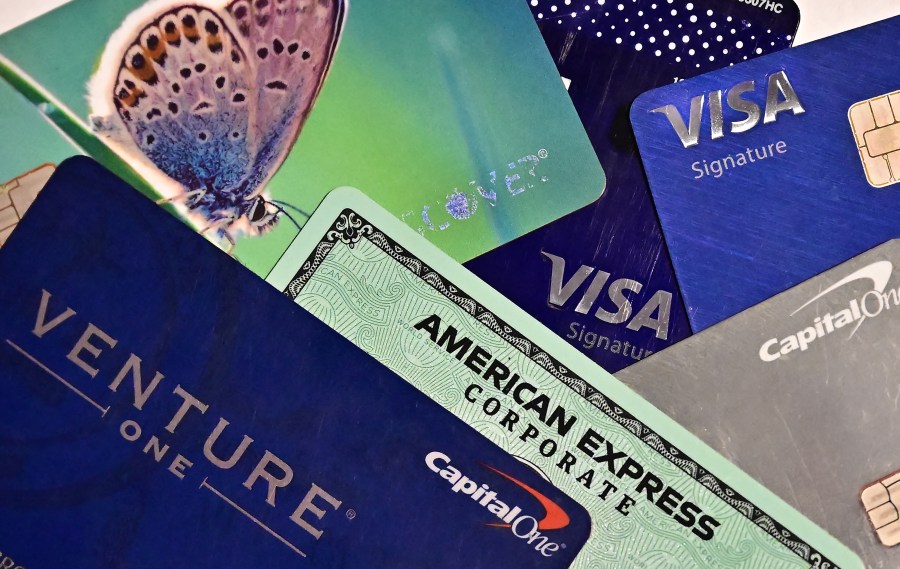(NewsNation) — Members of Generation Z have more credit card debt at their age than any generation before them, according to a new Wall Street Journal report.
With inflation plaguing the economy, young adults have needed to turn to using credit cards to cover the rising costs of food and shelter. Now, some Gen Zers are barely making their monthly credit card payments.
“This is a generation that is feeling financial stress in a more acute way than millennials did a decade ago,” Charlie Wise, the head of global research at TransUnion, told the Wall Street Journal.
$2,834 in debt on average
According to new TransUnion data, the average credit card balance for 22- to 24-year-olds in 2023 sat at $2,834. That’s 25% more than millennials carried when they were that age in 2013.
Plus, the average interest rate on a given credit card is now roughly 21.5%, the highest it’s been since the Federal Reserve started tracking rates in 1994.
Credit card balances surged to $1.13 trillion in the fourth quarter of 2023, up $50 billion from the previous quarter as consumers continue to take on more debt to make ends meet.
Inflation woes
The New York Fed’s report found that more people are struggling to keep up. Roughly 6.4% of credit card debt was delinquent by 90 days or more, up from 5.8% the prior quarter. The latest uptick marks a 59% jump from the 4% rate at the end of 2022.
Nearly 10% of the outstanding credit card debt held by 18- to-29-year-olds is 90 days or more past due, New York Fed researchers found. That rate is roughly double what it was two years ago but still below the 14% level observed during the Great Recession.
The Federal Reserve has signaled that its first interest rate cut is likely months away, which means credit card rates may remain elevated for the time being.
In the meantime, consumers will be hoping inflation continues to ease as policymakers try to pull off a soft landing and avoid a recession.
NewsNation digital reporter Andrew Dorn contributed to this report.
